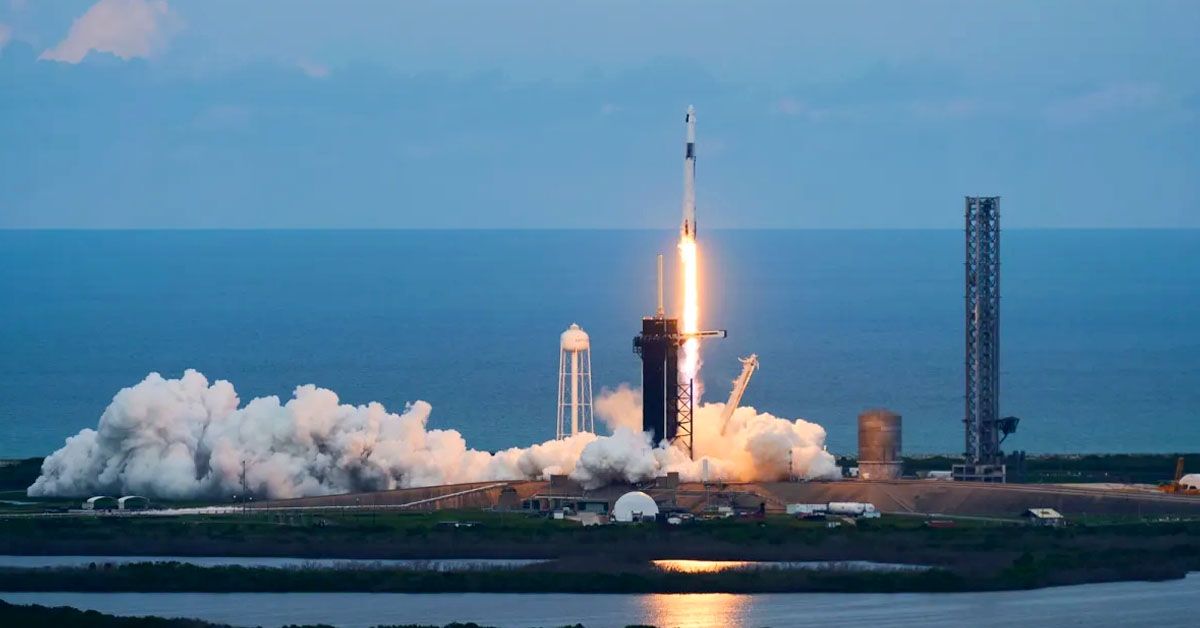On May 21, 2023, a landmark event in human space exploration unfolded. Not another generic satellite launch, nor an ordinary spacewalk, but a spectacular journey embarked upon by four private astronauts, boldly carving out a new chapter in the narrative of cosmic exploration. This historic event wasn't powered solely by NASA. Instead, it represented a captivating union of public and private endeavors.
This momentous launch, part of the Axiom Mission-2 (Ax-2), erupted from the very grounds of NASA's Kennedy Space Center. But, it wasn't just about the glittering spectacle of the launch itself. The mission was driven by a unique crew consisting of Commander Peggy Whitson, Pilot John Shoffner, and Mission Specialists Ali Alqarni and Rayyanah Barnawi. Each individual is cast into the spotlight, breaking barriers, and creating history.
Momentous Lift-Off from Kennedy Space Center
At precisely 5:37 p.m. EDT (2137 GMT) on May 21, 2023, Kennedy Space Center in Florida was abuzz with anticipation. A unique energy permeated the air as the countdown to the launch of the Ax-2 mission ticked down.
With a thunderous roar, the SpaceX Falcon 9 rocket, perched on Pad 39A, punctured the Earth's atmosphere, propelling the Dragon spacecraft named "Freedom" into the vast expanse of the cosmos.
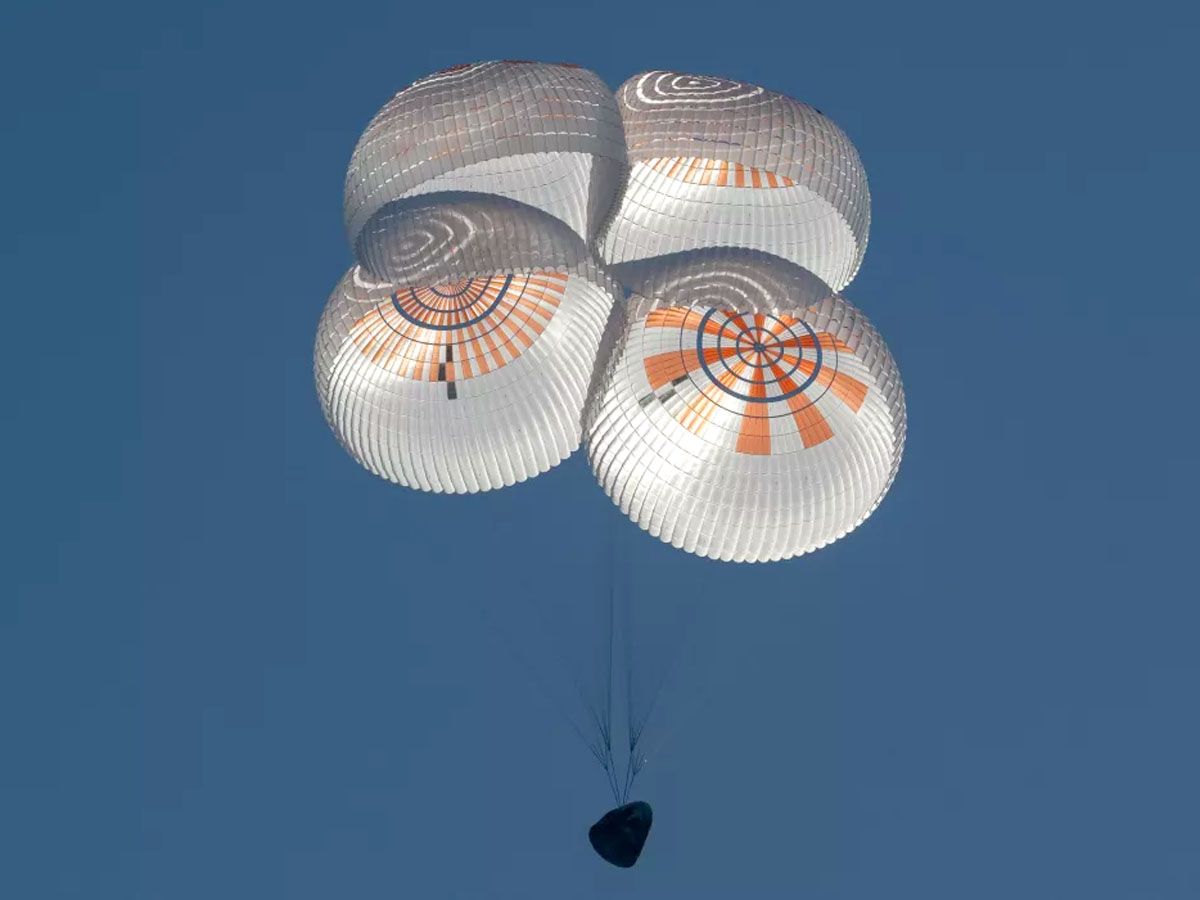
The mission got off to a spectacular start. Approximately 12 minutes post-liftoff, the Dragon spacecraft separated from Falcon 9's upper stage, smoothly transitioning into orbit. The rocket's first stage executed a boost-back burn and landed without a hitch at SpaceX's Landing Zone-1, epitomizing the reusable rocket technology that SpaceX is famed for.
Meet the Axiom Mission-2 Crew: A Leap Forward for Saudi Arabia
Onboard the Dragon were four private astronauts, each with unique backgrounds and representing a diverse set of expertise. Commander Peggy Whitson, a veteran astronaut and Axiom's director of human spaceflight led the crew. Pilot John Shoffner, a businessman, and a STEAM advocate, joined the mission as a paying customer.
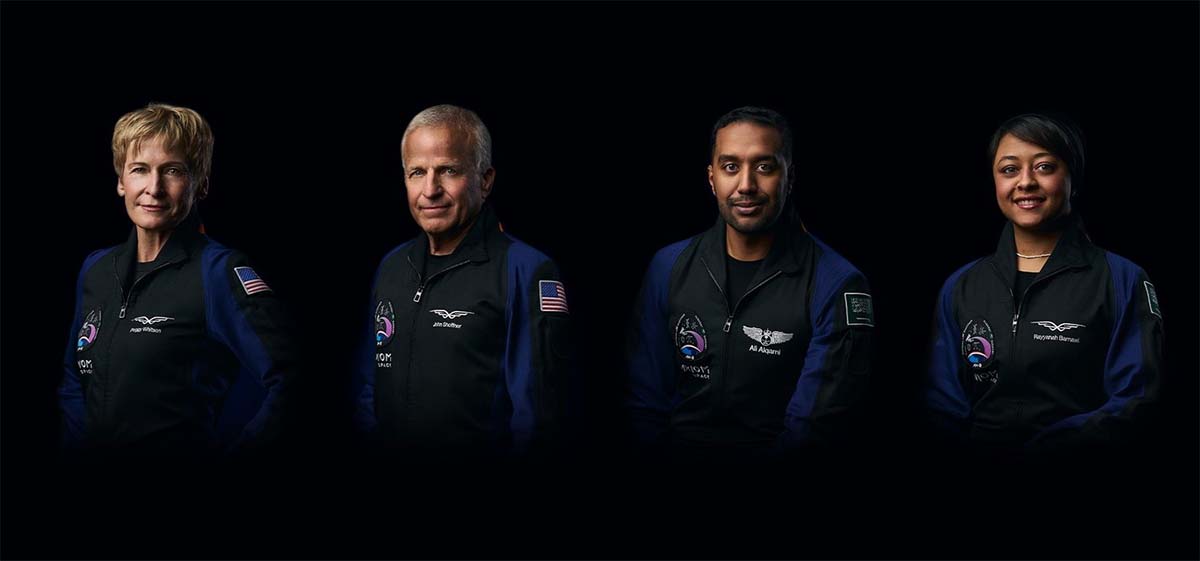
In a historic leap forward for Saudi Arabia, mission specialists Ali AlQarni and Rayyanah Barnawi became the first Saudi astronauts to visit the International Space Station (ISS), with Barnawi being the first Saudi woman to venture into space.
Not Just a Tourist Trip, but a Quest for Knowledge
Although the Ax-2 mission might appear to be a space joyride, it has a core focus on research and discovery. The crew is scheduled to conduct over 20 scientific experiments during their eight-day stay aboard the ISS, demonstrating that even short missions can significantly contribute to our understanding of space.
The astronauts will carry out experiments that focus on studying space radiation and weather in low-gravity conditions, among other fascinating topics. An experiment organized by the Translational Research Institute for Space Health (TRISH) is of particular interest.
This experiment will involve tests and measurements of the astronauts' bodies, aiming to understand how inexperienced crews adapt to microgravity and maximize their productivity during brief trips to the ISS.
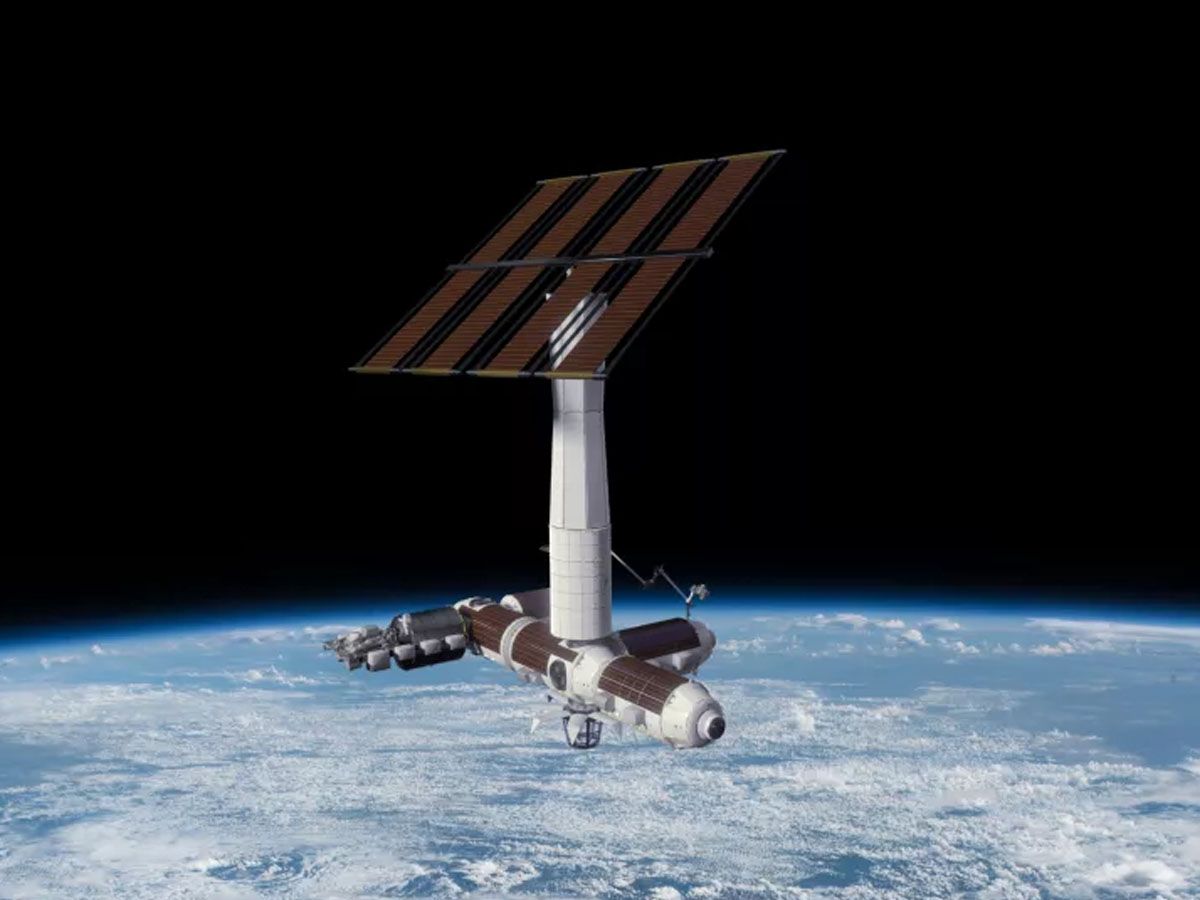
Axiom Space's vision extends well beyond this single mission. The Houston-based company plans to construct its private space station in low Earth orbit and has been contracted by NASA to develop spacesuits for the Artemis 3 mission, scheduled for late 2025. These endeavors symbolize Axiom's role in furthering private-sector involvement in space exploration and technology.
From Docking to Homecoming: A Journey's Timeline
The Dragon spacecraft is slated to dock at the ISS on May 22 at 9:16 a.m., with the hatch opening around 11:13 a.m. This meeting of human-made marvels in the vacuum of space will be followed by a warm welcome ceremony for the Ax-2 crew by the Expedition 69 crew members already aboard the ISS.
The welcome ceremony aboard the ISS is a time-honored tradition, symbolizing global unity in a place that overlooks national borders. This celebration will not only honor the arrival of new crew members but also pay homage to their diverse backgrounds and the unique contribution each will make during their time aboard the ISS.
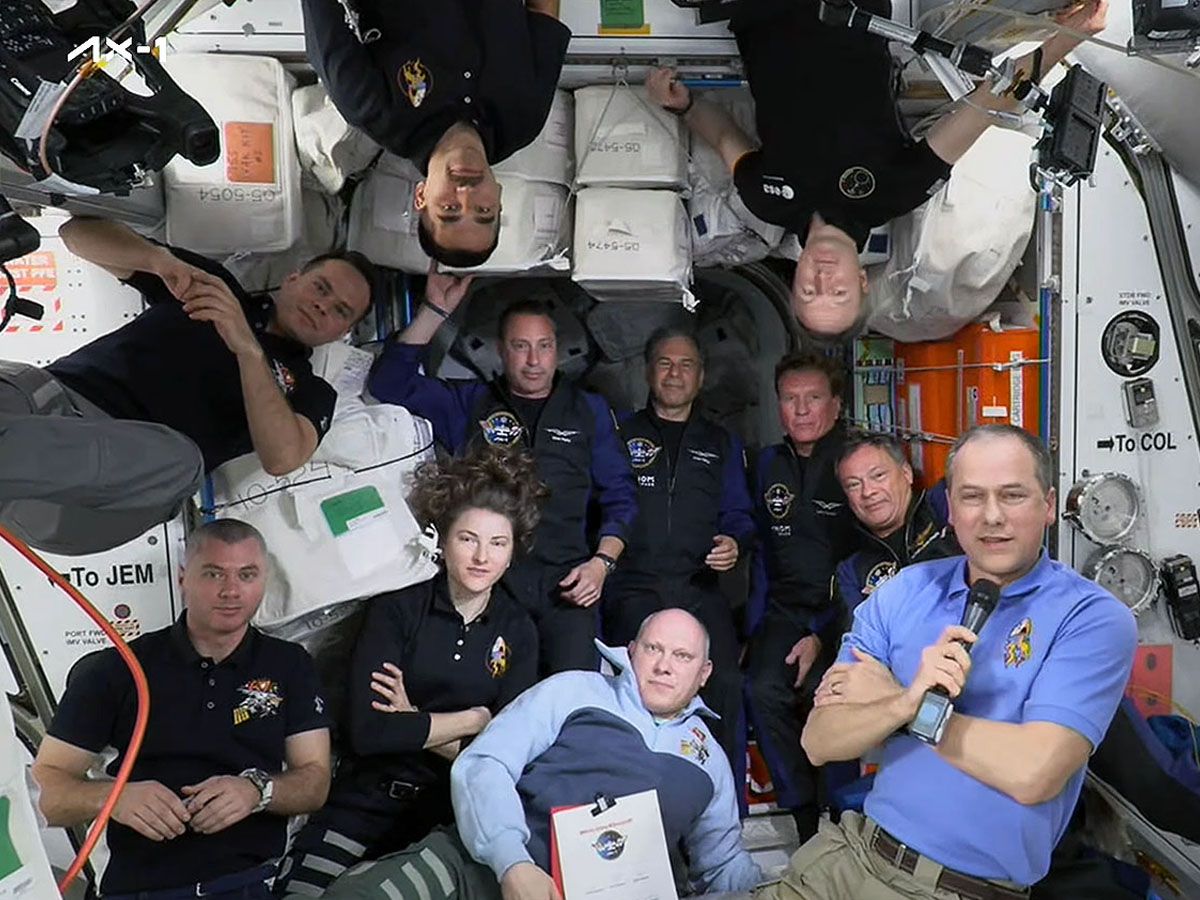
After their eight-day stay, the Ax-2 crew is expected to depart the ISS on May 30, weather permitting. The Dragon spacecraft's return journey will culminate in a splashdown off the coast of Florida, marking a successful end to the crew's groundbreaking space voyage.
The Economics of Space Travel
The Ax-2 mission might make space travel seem within arm's reach, but it does come with a hefty price tag. While Axiom Space has not disclosed the mission's total cost, it has previously mentioned a ticket price of $55 million per person.
The costs associated with life aboard the ISS are mind-boggling. NASA charges a staggering $2,000 per person per day for food alone and up to $1,500 for gear such as sleeping bags. Transporting items to the space station? That's a whopping $10,000 per pound ($20,000 per kilogram).
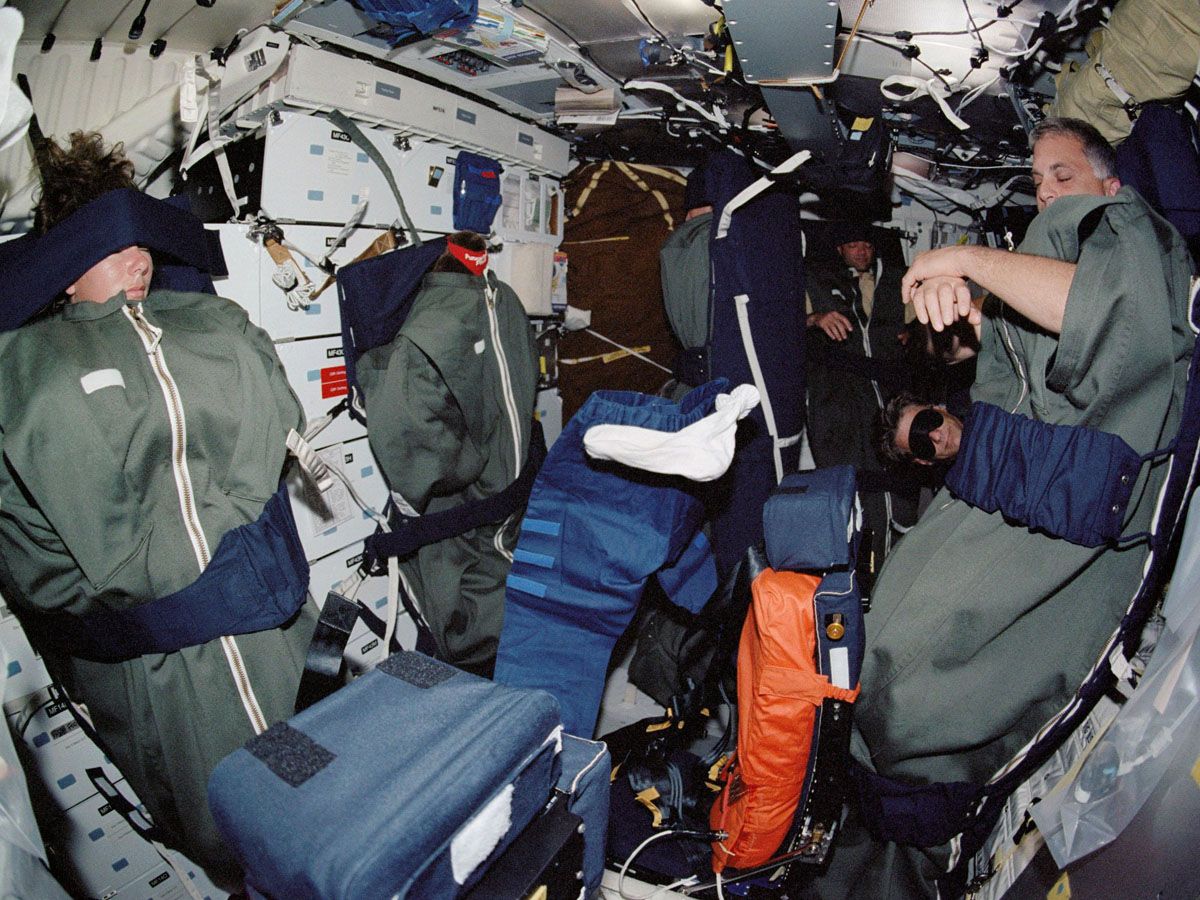
As the price tag of space tourism becomes increasingly apparent, the commercial viability of space travel is more crucial than ever. NASA, acknowledging the importance of commercial partnerships, aims to expand activities in low-Earth orbit globally. As more private enterprises like Axiom Space step into the arena, the burgeoning space economy promises an exciting future for humanity's cosmic pursuits.
